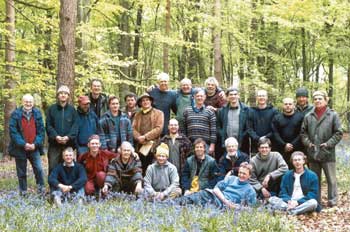Starting a Men’s Group
Guest blog by Daniel Korner It’s interesting to think of how the men’s group that I got involved with in Devon first started. It was actually the women in the community where I lived at that time that brought in the idea. From their interest in sharing a women’s circle, and conversations about women’s work … Read more



